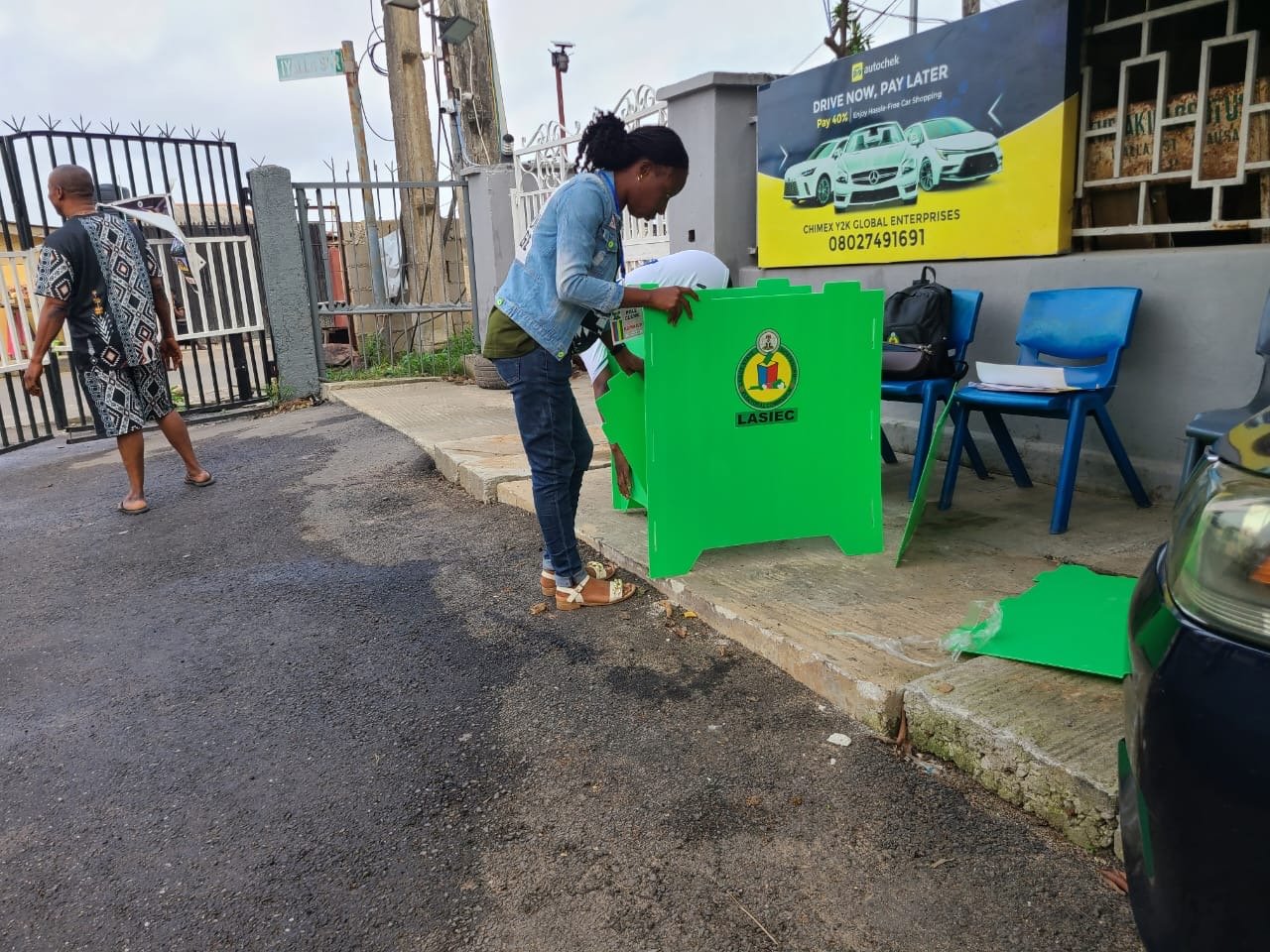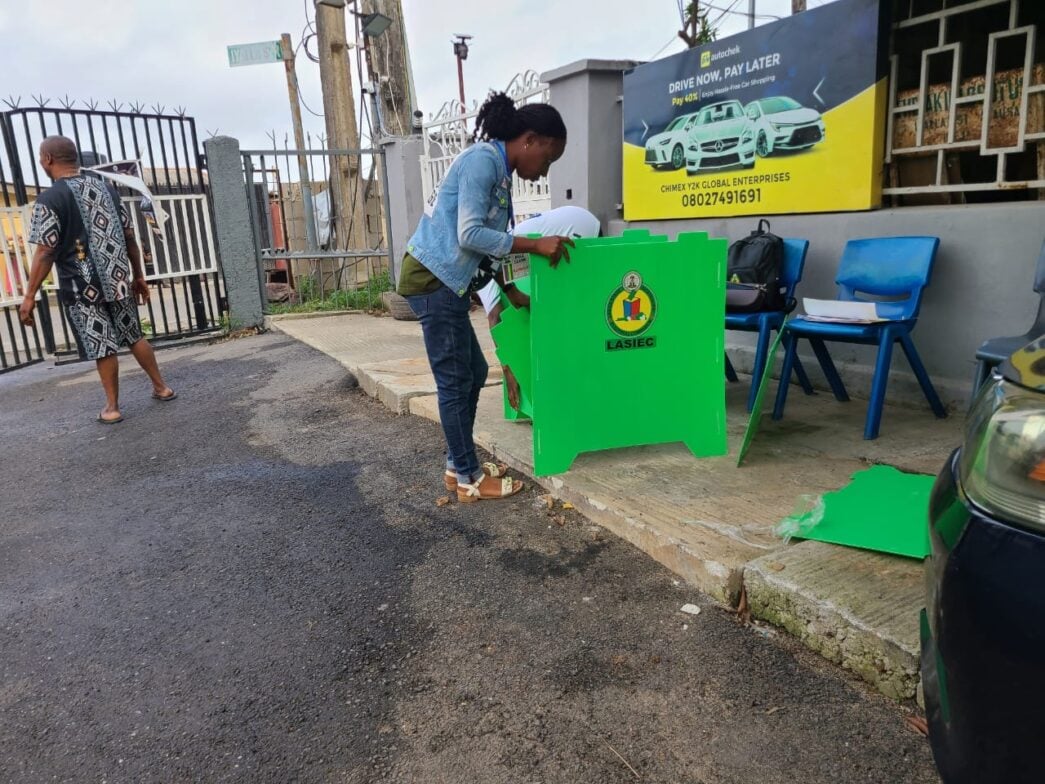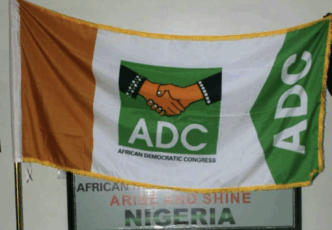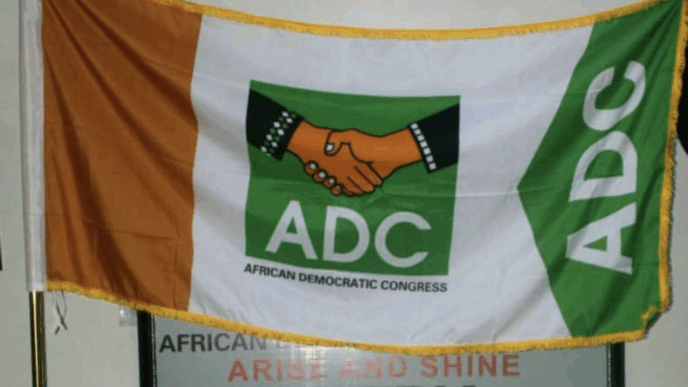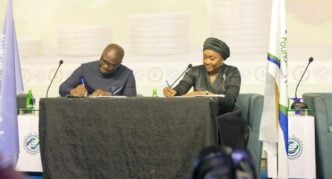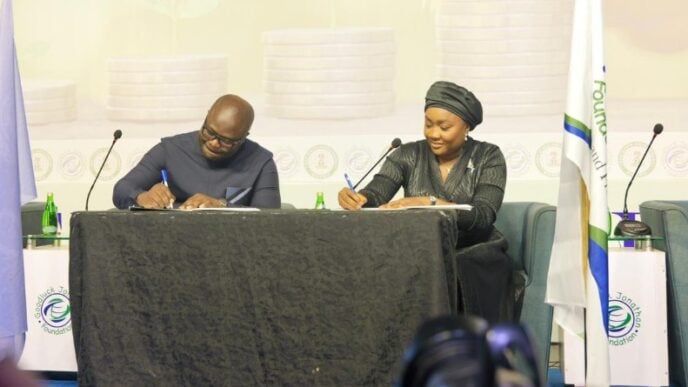BY AKINDEJI AROMAYE
In February 2023, Nigeria held what many hoped would be a defining election. The stakes were high, the energy was loud, and the promises were endless. But when the results came in, another number quietly stole the spotlight: just 26.72% of registered voters showed up to vote.
It’s the lowest turnout we have recorded since 1999.
Let that sink in. Out of 93 million registered voters, barely a quarter showed up to decide who would lead the most populous Black nation in the world.
Advertisement
In some states, the numbers were so low it’s hard to believe anyone even noticed an election was happening. Bayelsa had just 16.75% turnout. Lagos, the epicentre of online political debate, didn’t even hit 20%. In Anambra, barely one in four voters cast a ballot.
To put that in perspective: it’s like a Community Development Association (CDA) meeting, where residents are supposed to elect new executives. Only a few people show up, vote, and pick the leadership. Weeks later, those who didn’t attend become the loudest voices – complaining about increased levies, service charges and poor security. But the decisions were made in their absence.
Advertisement
That’s what low voter turnout looks like – silence during the process, noise after the damage is done. And that’s exactly what we saw in the 2023 elections. Voter apathy in Nigeria is no longer a whisper. It’s a warning sign – flashing red. People are tired, and not without reason.
From electoral violence and intimidation, to last-minute changes in logistics, to the widespread feeling that votes don’t count, the system has done a poor job of earning trust. But while it’s easy to blame institutions, we also have to look inward..
Because when we stay away, we’re not punishing the system – we’re handing power to those who are counting on our silence.
Some of the turnout numbers are mind-boggling. Oyo: 26%. Delta: 20%. Borno: 19.86%. These are not just statistics – they’re stories. They reflect fear, frustration, fatigue. But they also reflect missed opportunities. For example, if even 10% more people had voted in some battleground states, we might be telling a different story today.
Advertisement
We have to stop thinking our votes don’t matter. They do – not just for who becomes president, but for who represents us in the National Assembly, in the states, and in local government. The roads you complain about, the schools that don’t work, the hospitals that lack basic equipment – those are all decisions made by people we either elected or ignored.
This August, INEC is opening the register again. If you’re turning 18, if you’ve never registered, or if you need to update your details – this is your chance. Pre-registration starts online on August 18. In-person registration follows on August 25 at all INEC LGA offices and other centres. It’s not glamorous but it’s the first step in building the Nigeria we want.
2027 may seem far, but elections are not won in one day. They’re built over years – through awareness, registration, engagement, and turnout. If we want a different outcome, we must take different actions.
Because the real threat to our democracy isn’t just rigging or bad politicians. It’s a population that no longer believes its voice matters.
Advertisement
Let’s prove it does.
Akindeji Aromaye is a senior media associate at EiE Nigeria. He is passionate about citizen engagement, governance, and local government accountability.
Advertisement
Views expressed by contributors are strictly personal and not of TheCable.
